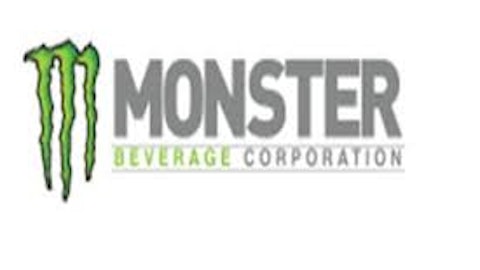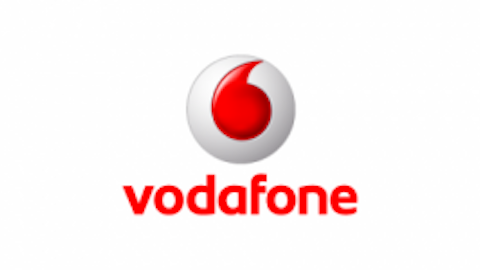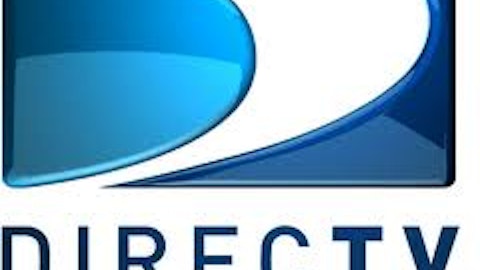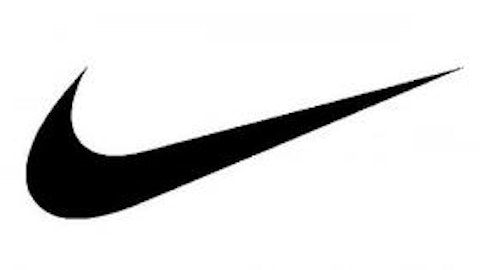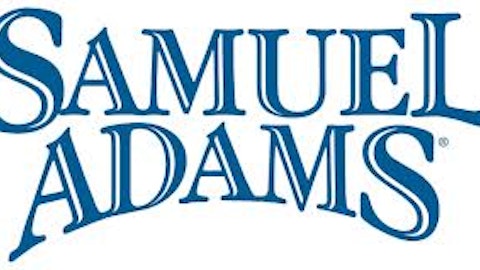It is often tempting to put your money in cheap stocks without understanding why they are trading at such valuations in the first place. Markets are efficient most of the time, and most cheap stocks are typically value traps.
Cott Corporation (USA) (NYSE:COT), one of the largest private-label beverage companies in the U.S. and U.K., is trading at a significant discount to its branded-beverage peers. It trades at a forward P/E of 13 compared with The Coca-Cola Company (NYSE:KO) and PepsiCo, Inc. (NYSE:PEP), which are valued by the market at about 17 times forward P/E. In my opinion, this valuation discount is justified for a few reasons.

Profits suffer
There is a good reason that The Coca-Cola Company (NYSE:KO) and PepsiCo, Inc. (NYSE:PEP) spun off their bottling businesses in 1986 and 1999, respectively. The bottling segment is the most capital-intensive segment of the beverage business value chain. By owning its own beverage bottling facilities, Cott Corporation (USA) (NYSE:COT) is laden with high fixed costs, which impacts its profitability.
Also, with The Coca-Cola Company (NYSE:KO) and PepsiCo, Inc. (NYSE:PEP) accounting for about 70% share of the U.S. carbonated soft drink, or CSD, market, Cott Corporation (USA) (NYSE:COT)’s relatively insignificant 5% market share does not allow it to derive significant economies of scale and cost advantages from increased sales volume.
The results speak for themselves. On a trailing-12-month basis, Cott Corporation (USA) (NYSE:COT)’s operating margin of 4.5% pales in comparison to The Coca-Cola Company (NYSE:KO)’s 23.4% and PepsiCo, Inc. (NYSE:PEP)’s 14.8%.
Revenue risk
With respect to customers, Cott Corporation (USA) (NYSE:COT)’s largest customer, Wal-Mart, accounted for 31% of its fiscal 2012 revenue, and its top 10 customers combined accounted for 54.2%. Also, in January 2009, it was announced that Wal-Mart would terminate its exclusive supply agreement of retailer-brand CSDs with Cott, effective from January 2012, with exclusivity gradually phased out from 2009 to 2012.
Despite Cott remaining the sole supplier of Wal-Mart’s private-label CSDs in the U.S. under nonexclusive supply agreements in 2012, I am negative on this development. Nonexclusivity results in Wal-Mart’s stronger bargaining power relative to Cott, which will possibly lead to weaker pricing power and lower margins.
In terms of product mix, Cott is still heavily dependent on CSDs, which represent approximately 40% of its fiscal 2012 North American revenue. North American CSD revenue fell by about 5% year on year in 2012 for Cott, reflecting the increasing shift from CSDs to other beverage choices in light of concerns over obesity and other health issues.
Looking ahead
Cott reported a disappointing set of results for the second quarter of fiscal 2013, with revenue and gross margin falling by 10% and 110 basis points year on year, respectively. According to management, the continued decline in demand for CSDs in the U.S. and competition from the national brands in terms of more intense promotional activities were among the factors contributing to lower revenue. The reduction in gross margin was also reflective of the unfavorable impact of lower sales with a high fixed-cost base on margins.
Although Cott has plans in place to further diversify its product offerings beyond its core CSDs and expand channel distribution to health grocers and convenience stores, a significant reduction in customer concentration risk will not happen overnight. In addition, increasing profitability remains a challenge for Cott unless it is able to make significant headway in diversifying into higher-growth, higher-margin products.
Peer comparison
The Coca-Cola Company (NYSE:KO) is the largest beverage company globally and it is more geographically diversified than Cott. This puts it in a better position to weather the decline in CSDs for the U.S. market and gain exposure to the growth prospects in emerging markets. Coca-Cola derived close to 60% of its fiscal 2012 revenue outside of the U.S., while the domestic market made up about three-quarters of Cott’s fiscal 2012 revenue.
Although Coca-Cola registered modest 1% global volume growth in the second quarter of fiscal 2013 due to weather and other macro factors, I am positive on strong volume gains for its non-CSD businesses. Volumes for Coca-Cola’s ready-to-drink tea and packaged-water categories grew 5% in the quarter; while its juices brands Simply Orange and Minute Maid grew by 4% and 3%, respectively, in terms of volume over the same period. Going forward, I am confident of Coca-Cola’s ability to leverage its brand equity for growth.
PepsiCo, Inc. (NYSE:PEP) is differentiated from Cott and Coca-Cola in that it is a leading packaged-foods manufacturer, with half of its revenue generated from this product segment. Its market leadership in hot cereals (Quaker Oats) and salted snacks (Lays, Doritos) makes it less susceptible to the fall in CSD demand compared with Cott and Coca-Cola. Similar to Coca-Cola, PepsiCo is leveraged to the growth in emerging-market countries, with 35% of its fiscal 2012 revenue derived from these regions.
PepsiCo delivered an excellent set of results for the second quarter of fiscal 2013, with a 4% increase in quarterly organic revenue and a 110-basis-point increase in gross margin. PepsiCo’s balanced food and beverage product portfolio is the key to its superior financial performance vis-a-vis its peers. I believe that it will have no issues meeting its fiscal 2013 guidance of 7% growth in core constant currency earnings per share on the back of strong growth in its packaged-foods segment.
Conclusion
Cott is not a buy in my book despite its cheap valuation. The market seems to share my concerns about Cott’s lower profitability relative to its peers and its high revenue concentration risk, pricing it at a discount to its branded beverage peers.
The article Don’t Go Bargain-Hunting With This Private-Label Beverages Company originally appeared on Fool.com and is written by Mark Lin.
Fool contributor Mark Lin has no position in any stocks mentioned. The Motley Fool recommends Coca-Cola and PepsiCo. The Motley Fool owns shares of PepsiCo.
Copyright © 1995 – 2013 The Motley Fool, LLC. All rights reserved. The Motley Fool has a disclosure policy.

